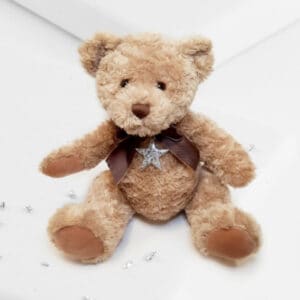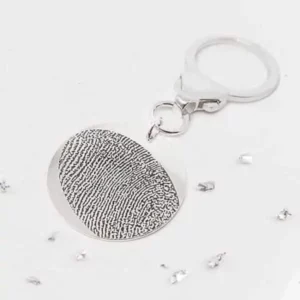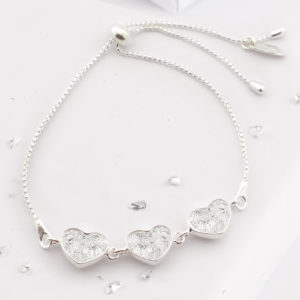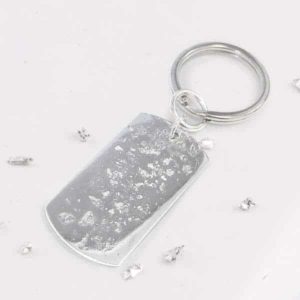Introduction
Losing a child is an unimaginable heartache that, unfortunately, many fathers have had to endure. This pain, a gaping hole in the soul, becomes more pronounced on days meant for celebration and happiness, such as Father’s Day. This article attempts to lend some light, offer guidance, and suggest ways in which you can honour your child’s memory in these incredibly difficult times, making the day more about love and less about loss.
Understanding the Grief Journey
The journey through grief is not a straightforward one. It is a tumultuous ride filled with highs and lows, especially in the face of a loss as profound as that of a child. Father’s Day can be a catalyst that intensifies these emotions, making the journey appear even more difficult.
The Stages of Grief
You may already be familiar with the five stages of grief: denial, anger, bargaining, depression, and acceptance. However, it is crucial to understand that these stages are neither linear nor universal. Grief is a deeply personal experience, and each individual navigates through it in their own unique way. Some may find themselves lingering in one stage longer than others, while some may skip a stage entirely. There is no “right” or “wrong” way to grieve – it’s your journey, and every path is different.
Dealing with Anticipatory Grief
In anticipation of Father’s Day, you may find yourself grappling with a peculiar kind of grief – anticipatory grief. This may involve feelings of dread, anxiety, or fear about the forthcoming occasion, contemplating how to cope with the surge of emotions it is likely to bring. These feelings are normal, and it’s important to equip yourself to handle these emotions.
Coping Mechanisms
Father’s Day after losing a child is tough. However, by adopting certain strategies and coping mechanisms, you may be able to make the day a little less painful.
Allowing Yourself to Feel
The foremost step in coping with grief is to allow yourself to feel. Suppressing emotions is never healthy. On Father’s Day, whatever you’re feeling – be it sadness, anger, loneliness, or even fleeting moments of joy remembering your child – it’s okay. There’s no set standard of feelings that you should adhere to. Remember, it’s okay to cry but also to smile when you recall the beautiful moments spent with your child.
Support from Loved Ones and Community
Social support plays a crucial role in dealing with grief. Surround yourself with loved ones – friends and family who understand your pain and offer emotional comfort. You can also consider joining a support group – a community of people who have experienced a similar loss. There’s a certain solace in sharing your feelings and memories and in listening to others.
Engaging in Healing Activities
Engage in activities that bring you comfort, peace, and a sense of healing. It could be reading your favourite book, listening to soothing music, taking a walk-in nature, or even meditating. Do whatever helps you feel a little better, a little stronger.
Commemorating Your Child on Father’s Day
Father’s Day can be an opportunity to commemorate your child, to remember their life and the joy they brought into yours.
Creating a Memorial Space
Creating a memorial space in your home dedicated to your child can provide solace and a sense of comfort. Fill this space with cherished photographs, their favourite toys, beloved books, or any other items that hold memories of your child. This dedicated area serves as a constant reminder of their everlasting presence in your life. Additionally, you may choose to include memory gifts within this space, such as keepsakes infused with ashes or hair, to enhance the feeling of closeness. There are various options to choose from, such as memorial keyrings or memorial bears, to further honour your child’s memory.

Memorial Bear with Ashes or Hair Charm
Writing Letters
Writing letters to your child or journaling your feelings can be incredibly cathartic. Penning down your emotions, thoughts, and cherished memories can offer a strong emotional release and keep your child’s memory alive.
Spending the Day in Reflection
Consider spending Father’s Day reflecting upon the precious moments you shared with your child. This could be a personal tribute to the bond you shared and the love that endures beyond physical presence.
The Comfort of Memorial Jewellery
A unique and personal way to keep your child’s memory alive and close to your heart is through memorial jewellery.
Why Choose Memorial Jewellery
Memorial jewellery serves as a tangible reminder of your child. It can bring comfort, solace, and a sense of closeness, knowing that a part of them is always with you, close to your heart.
Types of Memorial Jewellery
There are various types of memorial jewellery, such as necklaces that hold a small number of ashes or hair, bracelets engraved with their name or fingerprints, or lockets with their picture. These pieces can be a comforting presence and serve as a testament to the undying love for your child.
Navigating Future Father’s Days
Understand that every Father’s Day will be different, and that’s okay. Some years may be harder than others. Some years you may want to surround yourself with people, while other years, you may seek solace in solitude. Allow yourself the flexibility to celebrate or mourn as you see fit.
Finding Support and Guidance
Consider seeking professional help from therapists or counsellors who specialise in grief management. They can provide you with tools and techniques to better handle your emotions. Similarly, bereavement support groups can offer a platform where you can share your feelings with people undergoing similar experiences.
Conclusion
The journey of coping with Father’s Day after the loss of a child is a profoundly challenging one. This day can bring forth a storm of emotions, both painful and comforting. However, through understanding, self-compassion, honouring your child’s memory (with things like memorial keyrings), and seeking support when needed, you can navigate through this difficult journey. Remember, it’s okay to grieve, it’s okay to remember, and it’s okay to seek help.






